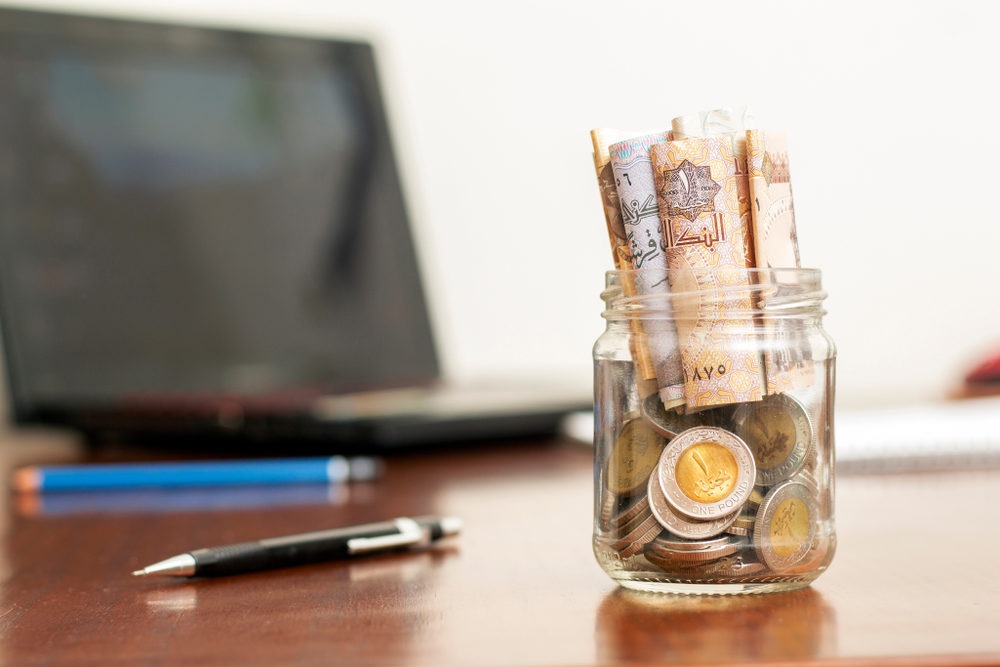It goes without saying that your first job in life, whether it’s straight out of college or years later, will always be an experience you cannot forget. Essentially, in these trying times, anyone who has a job is lucky to have it in the first place. Globally and locally, people are losing their jobs or facing major salary cuts, and things don’t look promising yet.
If this is your first time working, in any field and no matter what your salary is, it’s best to start saving money because nothing is certain at this moment in time. However, it’s easy to keep saying that you need to save money, and a whole other thing to actually actively work on limiting your spending and expenses.
Generally, if you’re working at your very first job straight out of college, you are probably still living with your family and don’t necessarily need to worry about school fees for kids or the entire house’s grocery list for example. But this is still the first step to becoming an independent adult. While of course every person has life set out differently, here are a couple of ways that will help you save more money regardless of where you are in life.
Make It A Habit To Go Over Your Finances
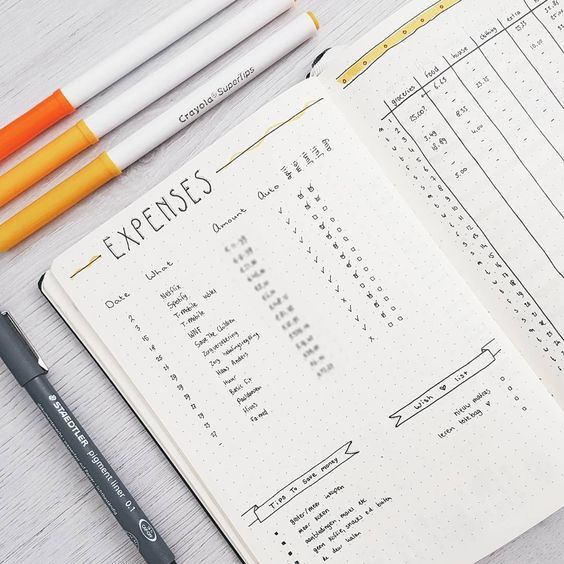
Photo from Pinterest
Wherever you want to get anything in your life in order, planning is key and having a method that helps you plan is also key. Hence, do not underestimate the power of a pen, notebook and chart of all what you spend your money on every single day. Once you have a clear cut chart of everything you currently spend, you’ll be able to eliminate what you need to have and what you can do without.
Luckily, there are multiple outlets to buy groceries, clothes or whatever other basic necessities you need, hence, in your list, include the places you shop at. If there are cheaper alternatives to them, consider changing where you shop. According to CBS News, this way you’d be able to have your monthly budget plan with at least all your fixed costs.
Set Your Limit
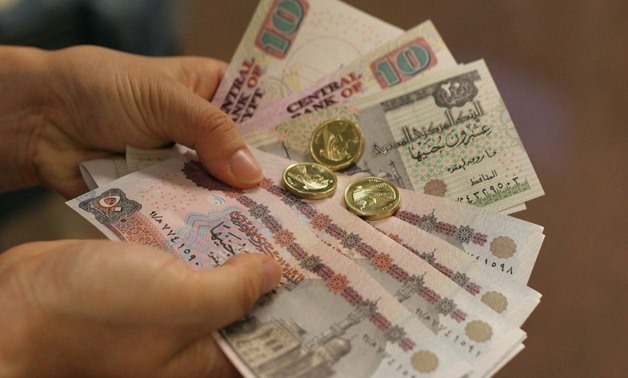
Photo From Egypt Today
This is tricky, but it’s important to look at your salary and make sure that a percentage of that salary remains untouched. Pretend it doesn’t exist if you have to. Basically, put a clear limit to how much money you will allow yourself to spend. This is something that depends on how much your salary is; but our personal advice is to save a lot more than you spend.
Prior to the current conditions of the world economy, saving half your salary and enjoying the other half would’ve been something to say. But right now, perhaps it is best to follow the 80-20 rule; save 80 percent and spend 20 percent. Before you purchase anything that isn’t a life necessity, ask yourself several questions. Consider saving before spending anything.
- Do I need this?
- What do I need this for?
- When will I use this?
If You Have Food At Home, Then Eat At Home
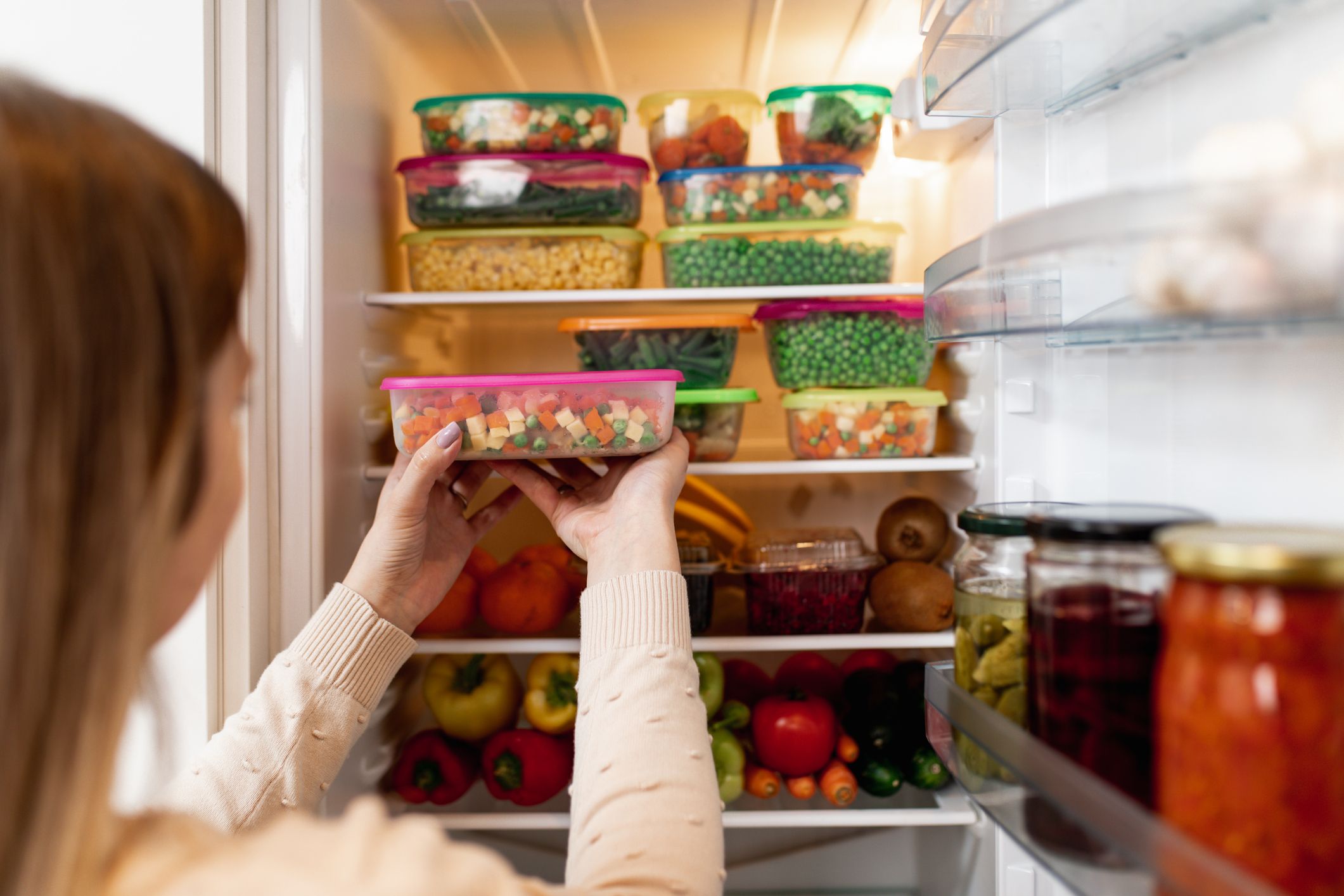
Photo from Good House Keeping Magazine
Remember when we were kids and our parents would say no to delivery or eating out because “we have food at home and the fridge is full”? Truly, delivery and going to restaurants and cafes with friends and family all the time eats your budget. While it’s good to go out, consider how much of that you do and how much you spend when going out.
During the earlier total lockdown when restaurants and cafes were mostly closed and operating only on delivery basis, a lot of us saved money just because we stopped eating out. The same can be said for people who went back to work and get coffee from nearby coffee places or have lunch from a nearby restaurant. It’s easier, healthier, more convenient and saves money (and time) if you just bring your own lunch and coffee from home.
Open A Bank Account (No Credit Cards!)
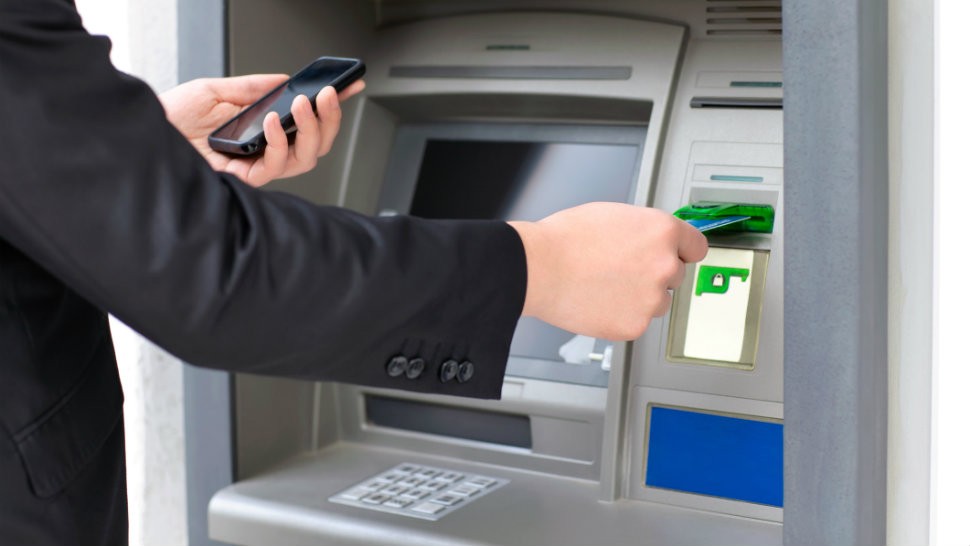
Photo from Komando
This is for those who truly just graduated and do not have bank accounts yet. If it’s your first time, open the account where your parents or older siblings have one already, that way you’d know what to expect all the time.
While some money saving websites encourage having credit cards, it’s probably not the wisest decision so early on. Money Crashers wrote that, “opening one or two modest credit lines, keeping their balances low – under 30% of the spending limits – and paying off those balances in full and on time each statement cycle,” is relatively okay. And while that makes sense, if you aren’t someone who can control your spending, it’s best to avoid credit cards altogether and just stick to an ATM card for the time being. Alongside an ATM card, a savings account is also a good thing to have.
Metro Vs Ride Hailing Vs Cabs Vs Your Own Car
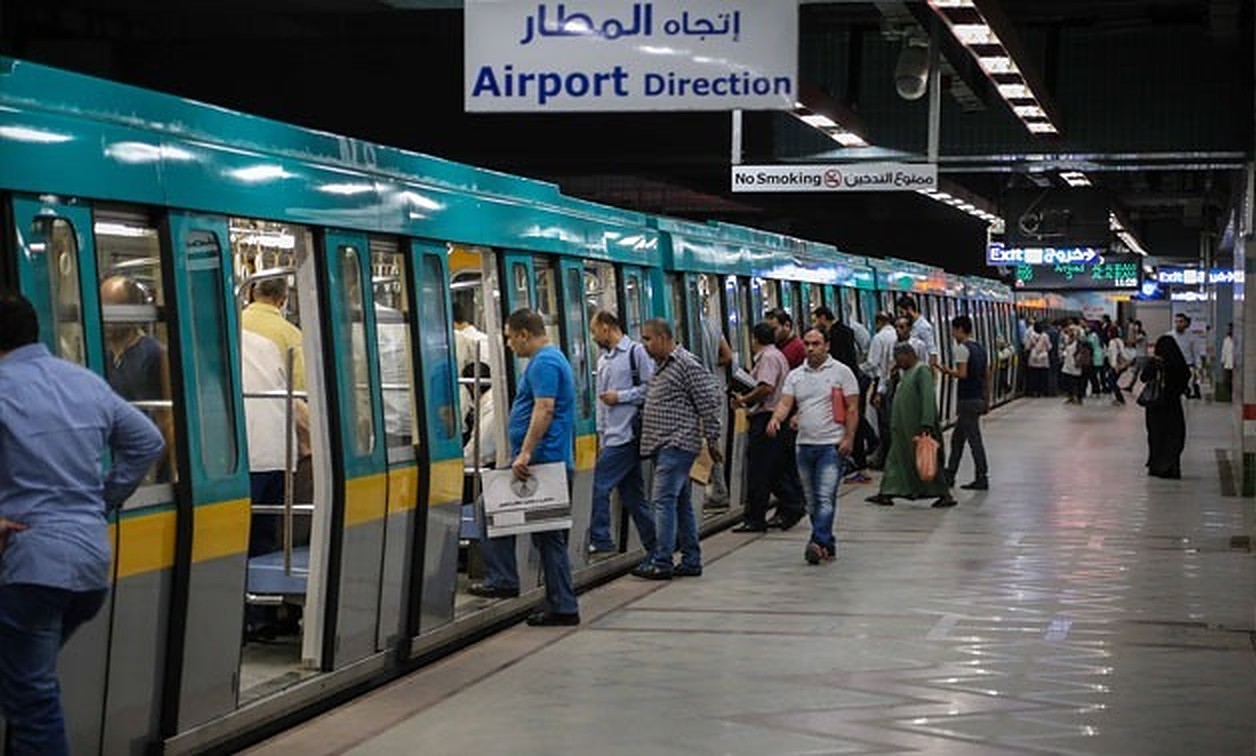
Photo From Egyptian Streets
During quarantine and with work from home on the rise, we all saved a major amount of money on transportation. And that honestly felt great because we got to avoid traffic too. But recently, many of us have gone back to work as the numbers of COVID-19 begin to decrease. Hence, we’re back to worrying about transportation costs.
This differs from one person to another, but if you live nearby work (like really close), then walk it to avoid the whole issue altogether. But if you can’t consider driving because it usually comes off as less expensive than ride hailing apps in the end. Try out both options for a week, and see which costs less. Sometimes, a mix of both is a good option too. Using the metro, especially if it’s close to your workplace is also convenient; however, consider that during corona times, it might not be the safest option at the moment. But if you have to use the metro, avoid rush hour so that it is less crowded.
Donating Money

Photo from USA Today
Something that we often forget to do, and forget to think about is that a lot of people are currently struggling to make ends meet, and if there is a way for you to help, you should absolutely help. It could be by volunteering in NGO’s or donating money for special causes locally, regionally or globally.
With rising poverty, people out of work and the recent Lebanese crisis, there are many organizations to consider donating too because 2020 is the year everyone needs to lend a helping hand. At this point, who knows what’s coming next?



















